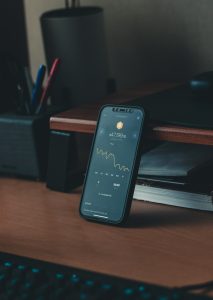How Can I Recycle My Old Electronics?” explores the steps we can take to responsibly recycle outdated gadgets and devices. By diving into the various recycling programs available, we uncover how easy and beneficial it is to give our old electronics a new lease on life while protecting our environment. The article highlights convenient drop-off locations, mail-in options, and even trade-in programs that reward us for thinking green.
In today’s fast-paced tech world, we all end up with old electronics that need a new home. Fortunately, many effective recycling options are available to us, from local collection points to national mail-in services. By participating in these programs, we not only clear out our outdated gadgets but also contribute to environmental conservation. Plus, some programs even offer trade-in deals, rewarding us for making eco-friendly choices. Let’s explore how simple it can be to recycle our electronics responsibly. How can we recycle our old electronics? This is a question that many of us ponder as we find ourselves inundated with outdated smartphones, laptops, and gadgets no longer in use. With technology constantly evolving, it seems like there’s always a new model or device on the horizon, leaving us to wonder how to responsibly dispose of our old electronics. Fortunately, recycling electronics not only helps to declutter our lives but also benefits the environment by reducing electronic waste. Let’s dive into how we can effectively recycle our old electronics, why it’s important, and tips to make the process easier.
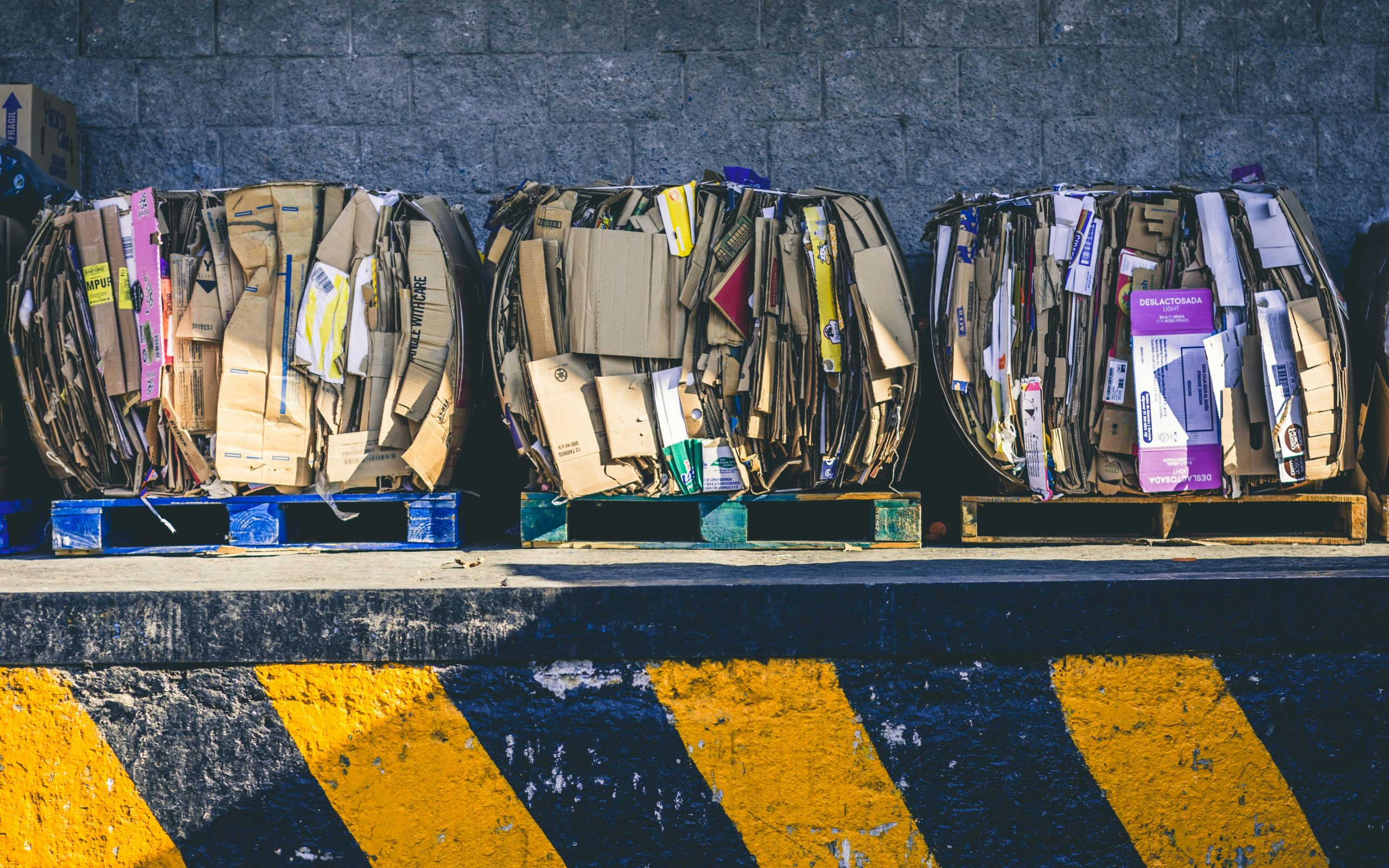
Why Should We Recycle Electronics?
Recycling electronics isn’t just about clearing out the clutter; it’s about protecting our planet. Here are some critical reasons why we should make an effort to recycle our old devices.
Environmental Impact
E-waste contains hazardous materials that can harm the environment if disposed of improperly. Toxic components like lead, mercury, and cadmium can leach into the soil and water, posing serious risks to ecosystems and human health.
Resource Recovery
Electronics are made up of valuable materials such as gold, silver, and copper. By recycling, we can recover these resources and reuse them, reducing the need for mining and conserving natural resources.
Reducing Landfill Waste
By recycling electronics, we reduce the volume of waste in landfills. This helps to minimize the environmental footprint of our digital lives and limits the space taken up by non-biodegradable materials.
How Can We Recycle Our Old Electronics?
Recycling old electronics can be done in various ways, from repurposing the devices to leveraging specialized recycling programs. Here are several effective methods to consider.
Donate or Sell
One of the simplest ways to recycle our old electronics is by donating or selling them. Many organizations and charities accept working electronics for reuse, helping those in need and extending the life of our devices.
Manufacturer and Retailer Programs
Many electronics manufacturers and retailers offer recycling programs. These programs often provide a convenient way to drop off old devices and ensure they are recycled responsibly.
Specialized E-Waste Recycling Centers
Specialized e-waste recycling centers are equipped to handle electronic waste safely. These centers can properly dismantle and recycle the components, ensuring that hazardous materials are disposed of correctly.
Local Recycling Events
Check with our local community for recycling events. Many municipalities host e-waste recycling days where we can drop off our electronic items for proper disposal.
Mail-In Programs
Some companies provide mail-in recycling options, where we can send our old electronics to be recycled. This can be particularly convenient for smaller items that can easily be shipped.
How to Prepare Electronics for Recycling
Before we recycle our electronics, it’s essential to prepare them correctly to protect our personal data and ensure they’re accepted by recycling programs.
Backup Data
Before parting with any device, back up all important data. This ensures that we don’t lose any valuable information when we erase the device.
Wipe Personal Information
Erase all personal data from our devices. This can be done through a factory reset or using data-wiping tools specifically designed to remove all information securely.
Remove Accessories
Detach any accessories, such as cases, cables, and SIM cards, from our devices. These can often be reused or recycled separately.
Check Recycling Requirements
Different recycling programs may have varying requirements. Check with the chosen program to understand what items are accepted and how they should be prepared.
Understanding the Recycling Process
Knowing what happens to our electronics once they are recycled can give us better insight into the importance of the process.
Collection and Transportation
Once we drop off our electronics at a recycling center or participate in a recycling program, the items are collected and transported to a recycling facility.
Sorting and Dismantling
At the facility, items are sorted by type and dismantled. Components are separated so that materials like metals, plastics, and glass can be processed appropriately.
Processing and Recovery
Dismantled materials are processed to recover valuable resources. Metals are melted down, plastics are reprocessed, and other materials are treated to remove any hazardous substances.
Refurbishment
Some parts or entire devices may be refurbished if they are in good condition. Refurbished items can often be resold or donated, extending their life cycle.
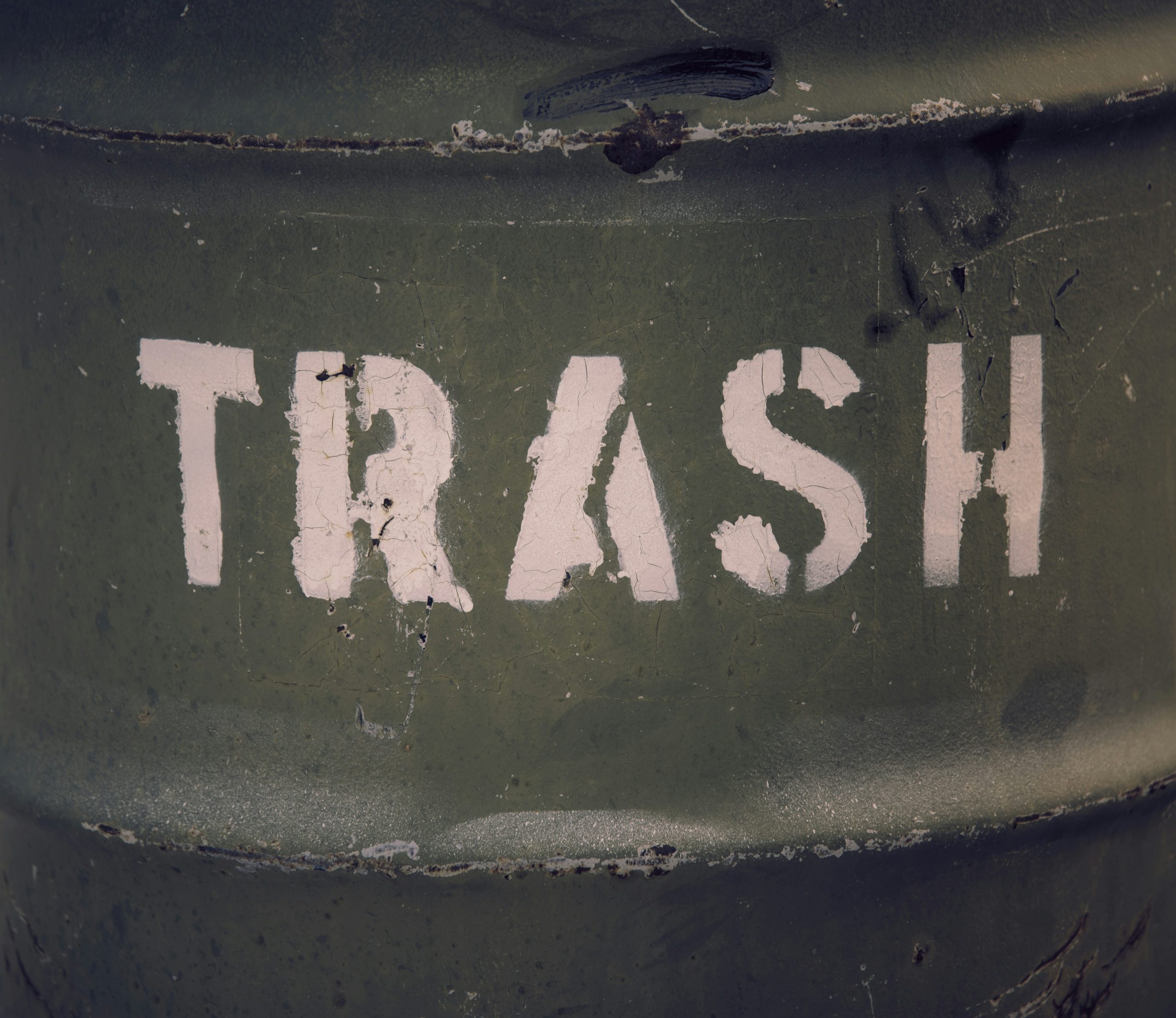
Commonly Recycled Electronics
Not all electronics are created equal, and some are more commonly recycled than others. Here’s a list of popular items that we can recycle:
| Item | Description |
|---|---|
| Cell Phones & Tablets | Easy to recycle and often accepted by many programs. |
| Computers & Laptops | Include desktop towers, laptops, and associated peripherals like keyboards and mice. |
| Televisions | Older CRT TVs and newer flat-screen models can be recycled. Ensure proper handling due to size. |
| Printers & Scanners | Many office equipment recycling programs accept these items. |
| Small Appliances | Items like microwaves, coffee makers, and vacuum cleaners can often be recycled. |
| Gaming Consoles | Often accepted by specialized gaming stores or electronic recycling programs. |
Benefits of Recycling Electronics
Recycling electronics comes with numerous benefits that go beyond just clearing out our drawers and closets.
Conservation of Natural Resources
When we recycle our electronics, valuable materials are recovered and reused. This reduces the need for raw material extraction, conserving natural resources like minerals and reducing environmental disruption.
Energy Savings
Recycling electronic components often requires less energy than producing new ones from raw materials. This leads to significant energy savings, contributing to lower greenhouse gas emissions.
Reducing Pollution
By properly recycling electronics, we prevent harmful chemicals from seeping into the environment. This helps to reduce soil, water, and air pollution, protecting ecosystems and public health.
Job Creation
The recycling industry generates jobs in local communities. From the collection and transportation of e-waste to processing and refurbishing electronics, recycling helps to create employment opportunities.
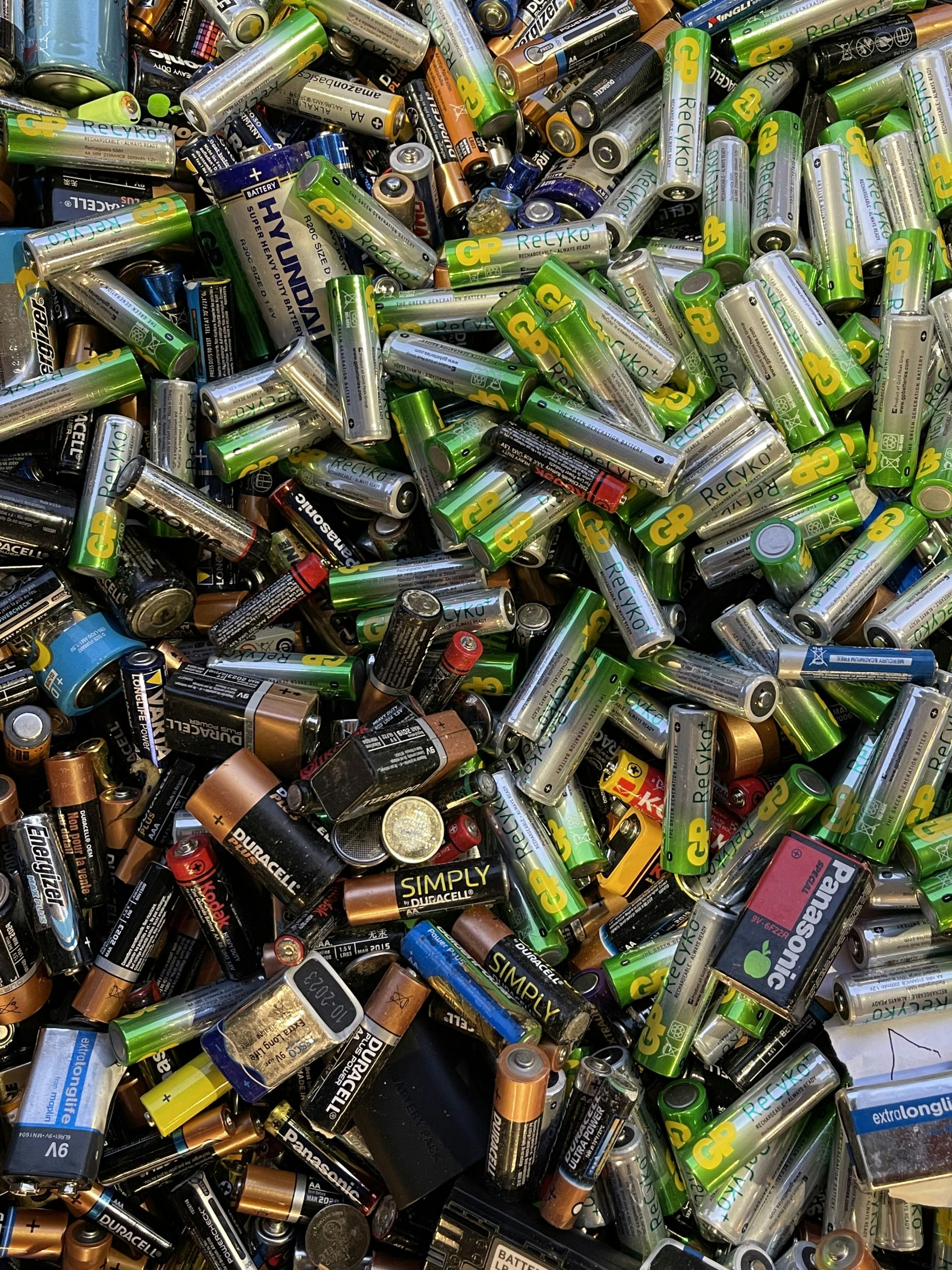
Challenges in Electronic Recycling
While recycling electronics has many benefits, it also comes with its fair share of challenges.
Data Security Concerns
The need to protect personal information can pose challenges, as it’s essential to completely erase data from devices before recycling. Properly wiping data requires knowledge and careful attention.
Complex Product Design
Modern electronics often have complex designs that make disassembly and material recovery difficult. Small components, intricate assemblies, and the use of adhesives complicate the recycling process.
Limited Access to Recycling Facilities
In some areas, access to specialized e-waste recycling centers or programs may be limited. This can make it harder for individuals to dispose of their electronics responsibly.
Awareness and Education
Many people still lack awareness of the importance and options for recycling electronics. Increased education and outreach are needed to promote responsible e-waste disposal.
Tips for Making Electronic Recycling Easier
We can take steps to make the recycling process smoother and more efficient. Here are some practical tips.
Organize and Inventory Electronics
Take an inventory of all the old electronics we need to recycle. Organize them by type and condition, making it easier to determine the best recycling option.
Use Manufacturer Take-Back Programs
Research take-back programs offered by manufacturers. Many companies, such as Apple and Samsung, have robust recycling initiatives that accept their own products.
Stay Informed About Local Programs
Stay up-to-date on local recycling events and drop-off locations. Municipalities often provide free or low-cost options for recycling electronics.
Consider Reuse Before Recycling
Before deciding to recycle, consider whether the device can be reused. Donation or resale can give our electronics a new lease on life.
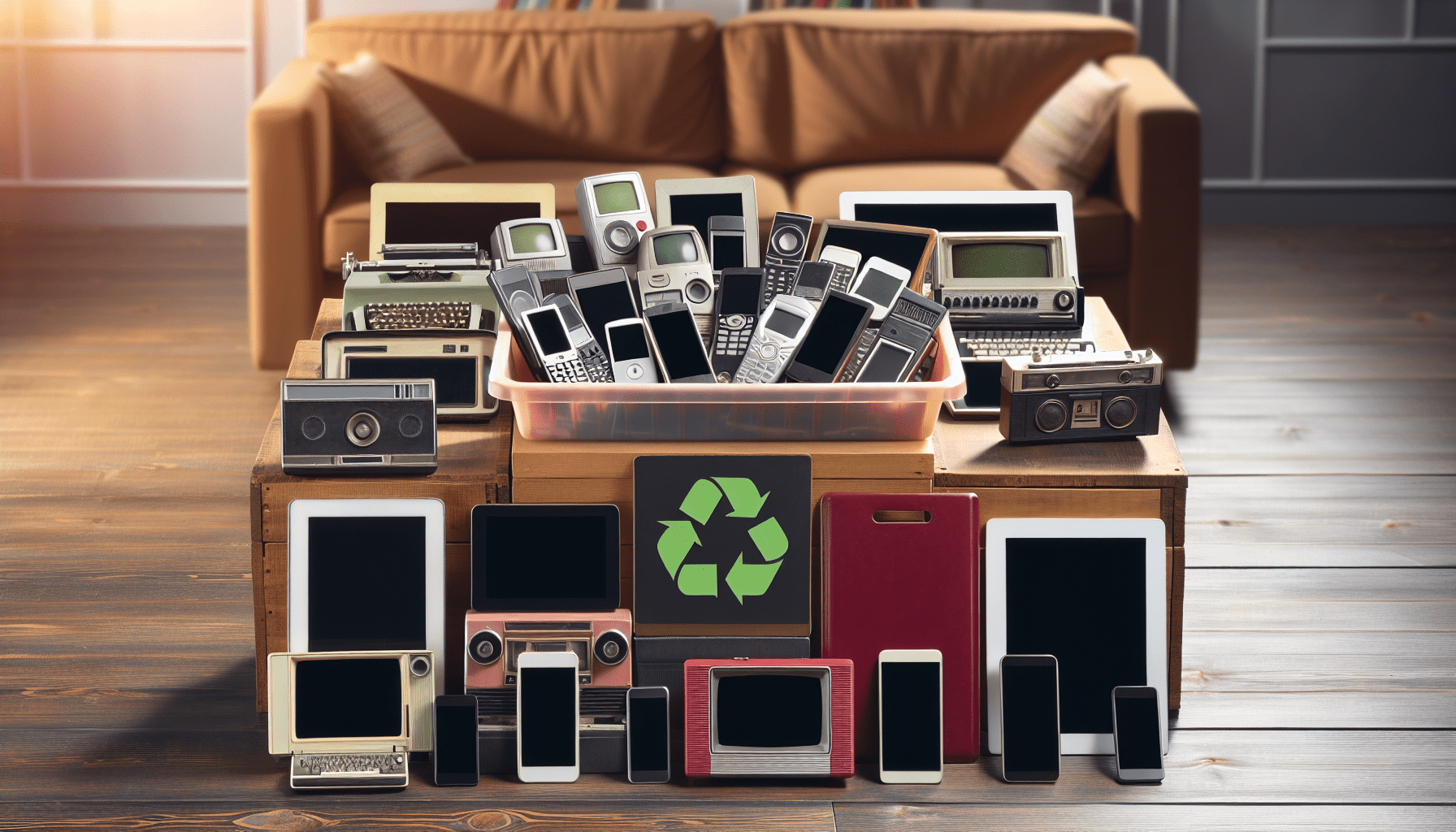
Conclusion
Recycling our old electronics is not only a responsible choice but also a necessary one. By understanding the importance, methods, and benefits of electronic recycling, we can make informed decisions that positively impact the environment and our communities. Let’s take the initiative to dispose of our old gadgets responsibly and contribute to a sustainable future. By doing so, we help conserve resources, save energy, reduce pollution, and create jobs, all while protecting our planet for generations to come. It’s time to turn our electronic clutter into opportunities for a cleaner, greener world. So, how will we start recycling our old electronics today?



